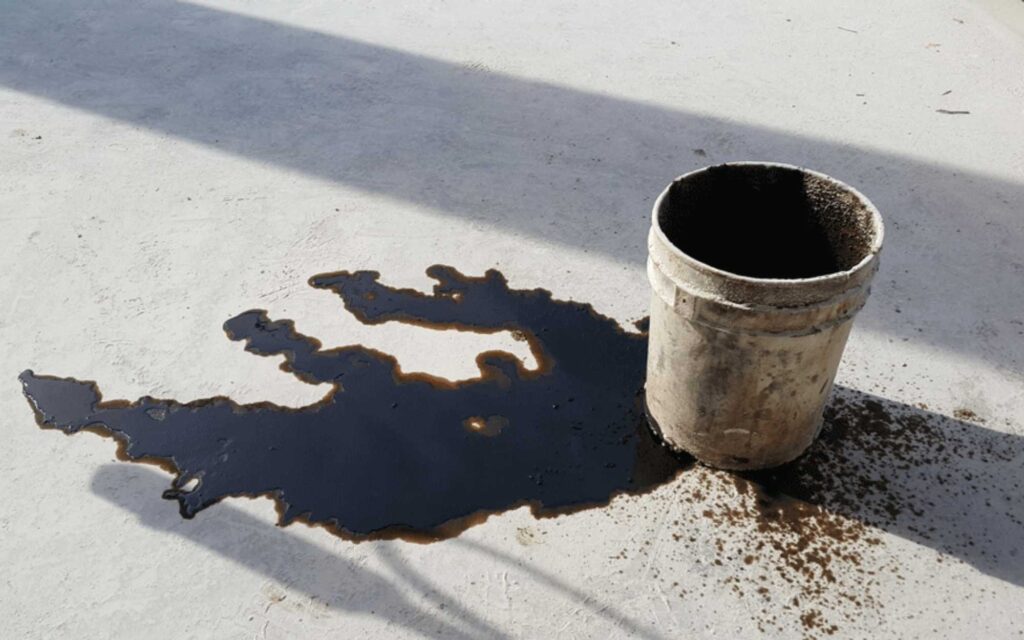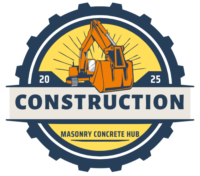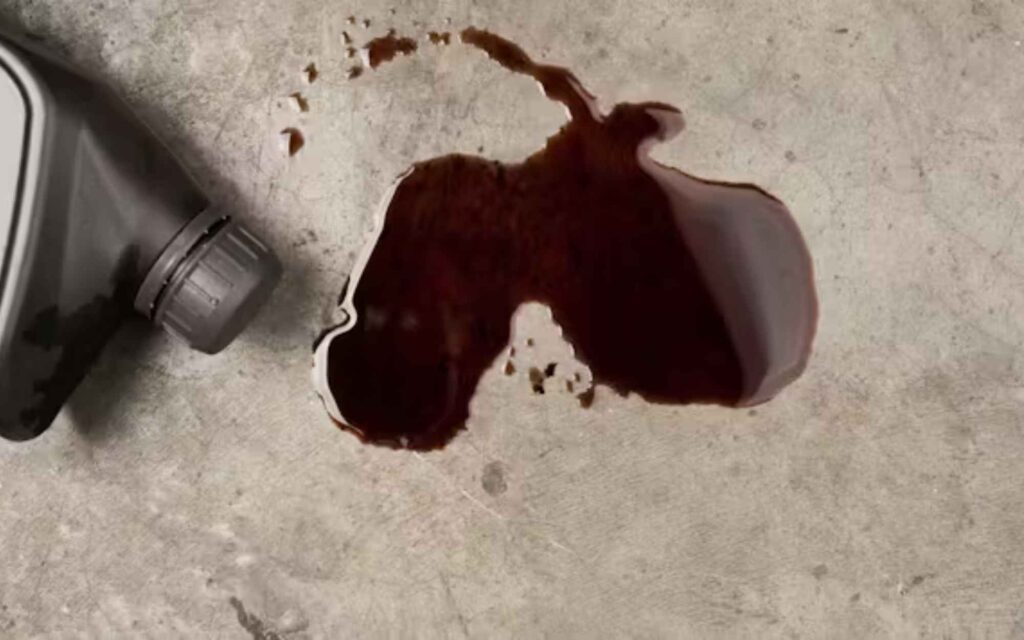Large-scale hydraulic oil spills in workshops or warehouses can bring operations to a halt. These spills aren’t just messy — they’re a slip hazard, an environmental concern, and a threat to equipment longevity.In this guide, we’ll walk you through the best practices for cleaning hydraulic oil spills in large commercial or industrial spaces, including tools, absorbents, and prevention strategies.
Why Large Workshop Spills Are Different
Unlike small spills on driveways or garages, workshop spills can:
- Cover larger areas
- Happen near expensive machinery or inventory
- Soak into unfinished concrete or warehouse flooring
- Lead to safety code violations if not handled promptly
Step-by-Step Hydraulic Oil Spill Cleanup in Industrial Areas

1. Ensure Safety First
- Stop machines immediately
- Use safety signs or barriers to isolate the spill
- Wear appropriate PPE: gloves, non-slip boots, goggles
2. Absorb the Spill Immediately
For large spills, use industrial absorbent granules or pads designed for oil.
Recommended materials:
- Oil-Dri Premium Absorbent (Granular)
- Pig Mat Pads or Oil-Only Rolls
- Absorbent socks to contain the spread
- Best Industrial Absorbent Pads & Granules for Hydraulic Fluid Cleanup
3. Clean the Surface
Once you’ve removed most of the oil with absorbents:
- Use a heavy-duty oil degreaser
- Scrub with a floor scrubber or stiff broom
- Rinse with hot water (if allowed by your facility)
- Let the area dry fully
👉 For deeper stains, especially on unsealed concrete, refer to:
How to Remove Set-In Hydraulic Oil Stains from Unsealed Concrete
4. Dispose of Waste Properly
Collected oil and used absorbents must be disposed of following local hazardous waste regulations. Never dump oil-contaminated water into storm drains.
Tips for Preventing Future Spills in Industrial Spaces
1. Routine Maintenance
- Check hoses, fittings, and pumps regularly
- Repair leaks before they become big spills
2. Use Spill Containment Trays
- Place trays or mats under hydraulic equipment
- Use absorbent rolls or barriers in high-risk areas
3. Seal the Concrete Floor
Sealed floors resist oil penetration and make cleanup easier.
👉 If your workshop floor isn’t sealed yet, read:
How to Seal Concrete After Oil Stain Removal for Long-Term Protection
FAQs
Q1: Can I use pressure washing for warehouse spills?
Yes, but only after absorbing the majority of the oil. Direct pressure washing on a fresh spill may spread contamination.
Q2: How do I prevent permanent stains on workshop floors?
Seal your concrete and use absorbent pads beneath machinery. Also, clean spills immediately.
Q3: Is kitty litter effective for large spills?
Not really. For large-scale spills, you need industrial-grade granules that absorb more quickly and safely.



